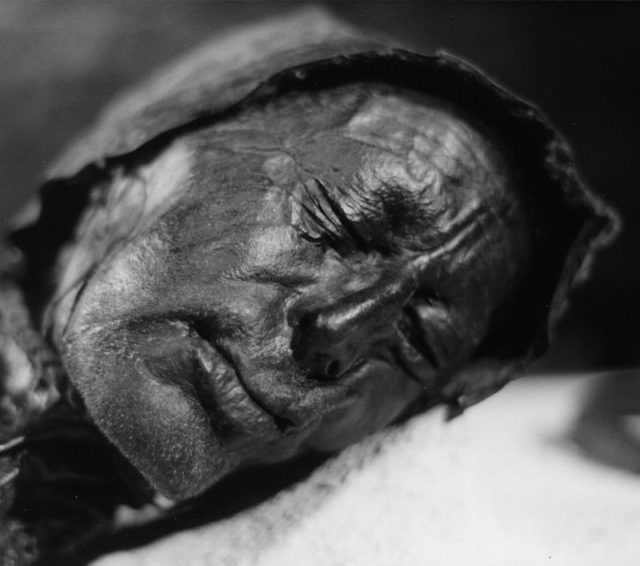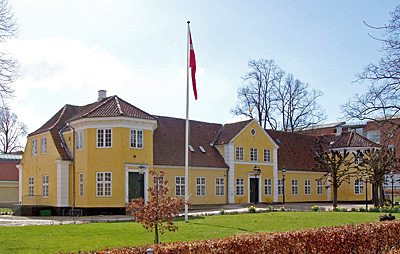Construction works on a new highway in Hårup, southwest Denmark, have unearthed a rare form of Viking “death house” (dødehus in Danish).
Death houses were a common form of burial, but this particular specimen is of a rather unconventional design, apparently drawing much inspiration from early Western European stave churches.
This death house served as the resting place of a wealthy Viking couple, and a third grave for another man was added at a later date. It has been speculated by experts that this man was the couple’s heir.
Found buried with the couple was a clay pot hailing from the Balkans, and a pair of silver coins from modern Afghanistan. The bodies themselves did not stand the test of time very well, but their various funerary items did. The lady was discovered with two keys around her neck.
One of these was symbolic of her role as lady of a manor, whilst the other unlocked a small shrine at her feet. Contained within the shrine was fur, wool, a large amount of gold thread, and some glass beads.

The man was buried with a massive, two-handed Dane Axe, a popular weapon among the Viking nobility. The third man was also buried with a Dane Axe, albeit a slightly smaller one.
The extravagant nature of the burial site and the items it contained shows that its occupants were of high social status.
More importantly, they confirm the Vikings’ reputation as world traveling explorers and traders.
The ceramic vase from the Balkans, the two Middle-Eastern silver coins, and the nature of the death house itself, being so obviously inspired by Western European architecture.
It shows that the couple must have had contact with a wide array of cultures from around the world.

Several items from the site, which was first found in 2012 but has only recently undergone extensive analysis, are on display at Denmark’s Silkeborg Museum.
Also on display with these items is a recreation of the woman’s grave.
